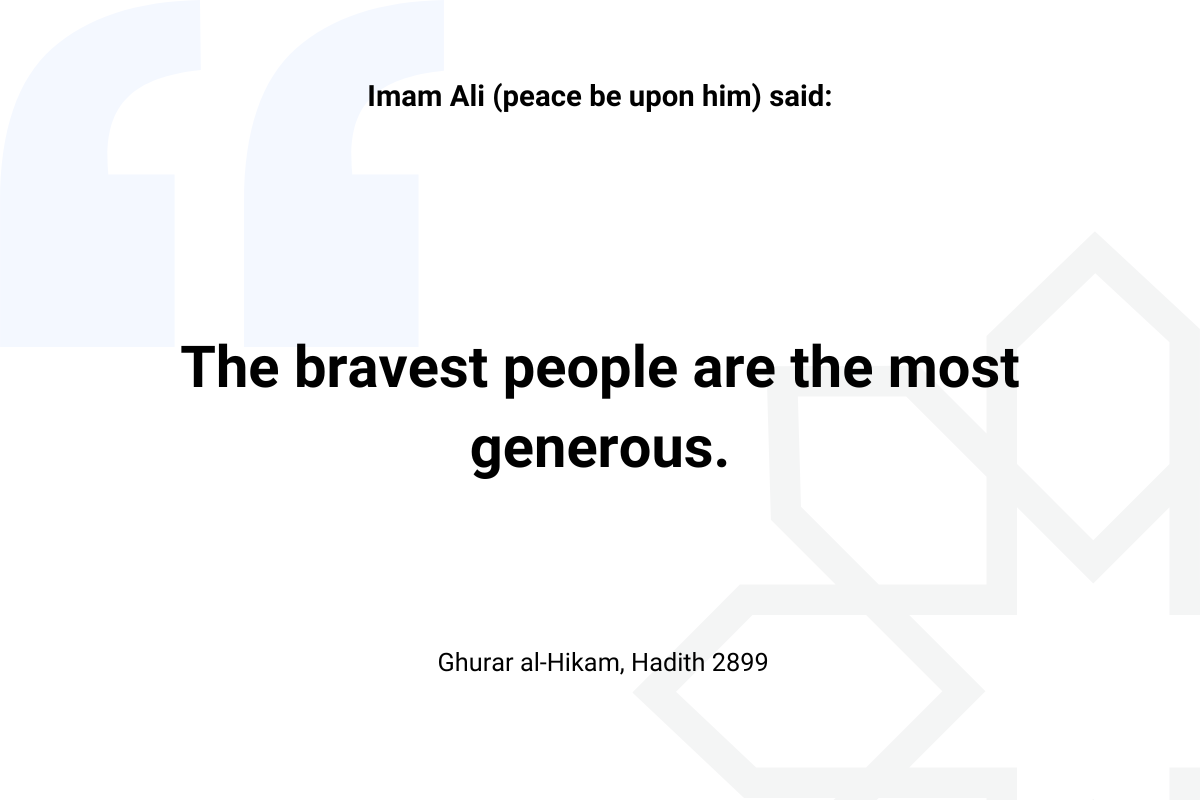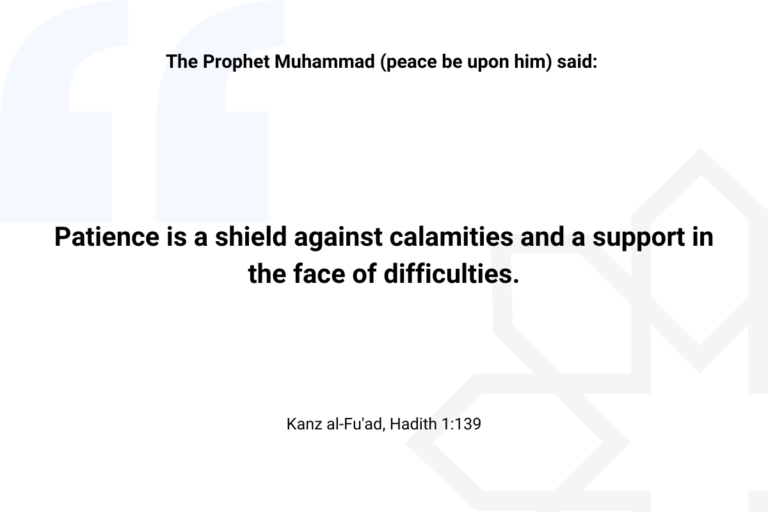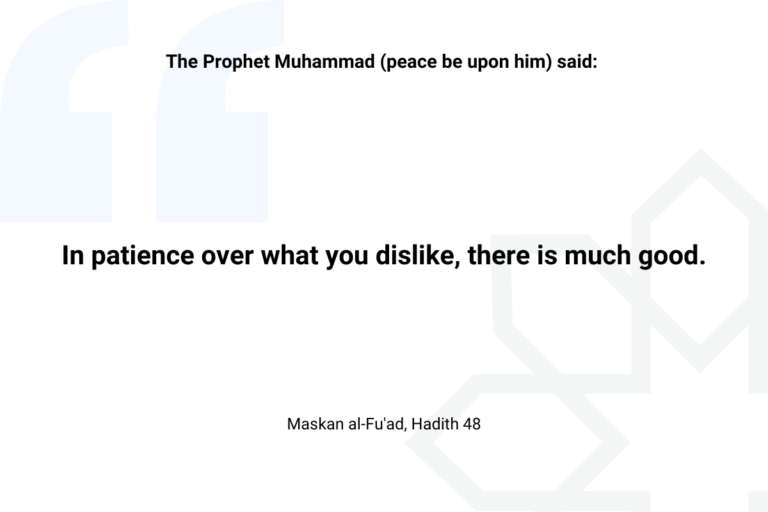Imam Ali (peace be upon him) said: “The bravest people are the most generous.”
Source: Ghurar al-Hikam, Hadith 2899
Introduction to Islamic Generosity
Generosity, or sakhā’, is a fundamental principle in Islam. This hadith from Imam Ali (peace be upon him) emphasizes that true bravery is intertwined with generosity. The statement, “The bravest people are the most generous,” reflects the deep connection between courage and the willingness to give selflessly.
The Significance of Generosity in Islam
Generosity is considered a highly valued trait in Islamic teachings. It is seen as an embodiment of one’s faith and a means of attaining closeness to God. The act of giving, whether it be wealth, time, or kindness, is a reflection of a person’s bravery and commitment to the welfare of others.
The Interconnection Between Bravery and Generosity
Bravery Through Generosity
In many ways, generosity requires courage. It demands the bravery to part with one’s resources and the trust that such acts of giving will lead to greater good. Generosity also involves the courage to confront one’s fears of scarcity and to prioritize the needs of others over personal gain.
Scientific Perspectives on Generosity
Modern psychology supports the idea that generosity enhances personal well-being. Research published in “Psychological Bulletin” (Crocker, J. & Canevello, A., 2008) indicates that altruistic behaviors, including acts of generosity, contribute significantly to mental health and overall happiness. These findings align with the Islamic emphasis on generosity as a source of personal and communal well-being.
Practical Ways to Cultivate Generosity
Daily Acts of Kindness
Incorporating generosity into daily life can be done through simple acts of kindness. This could involve helping a neighbor, volunteering time for community service, or offering support to those in need. By consistently practicing small acts of generosity, one can cultivate a habit that aligns with Islamic values.
Financial Generosity
Charitable giving, or Sadaqah, is another crucial aspect of generosity in Islam. Regularly contributing to charitable organizations or directly supporting those in need helps to redistribute wealth and reduce societal inequalities. This form of generosity is not only a religious obligation but also a means of purifying one’s wealth and soul.
The Broader Implications of Generosity
Building a Generous Community
A community that embraces generosity fosters mutual respect and support among its members. Such a community thrives on the collective well-being, where individuals look out for each other and work together to address common challenges. This culture of generosity is essential for social cohesion and harmony.
Education and Awareness
Promoting the value of generosity through education can help inculcate this virtue from a young age. Schools, religious institutions, and community organizations can play a vital role in teaching the importance of generosity and providing opportunities for individuals to practice it. By creating awareness and providing practical examples, we can inspire more people to adopt generous behaviors.
Conclusion
Imam Ali’s hadith, “The bravest people are the most generous,” offers profound insight into the Islamic understanding of bravery and generosity. By embodying generosity, individuals demonstrate true courage and contribute to the betterment of society. The principles of generosity in Islam encourage selflessness, communal support, and spiritual growth. Embracing these principles can lead to a more compassionate and harmonious world.








